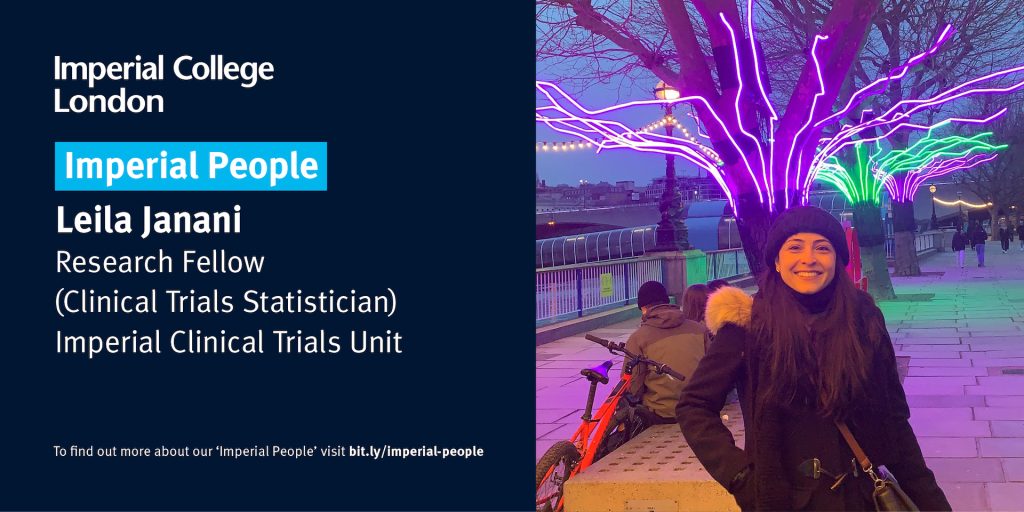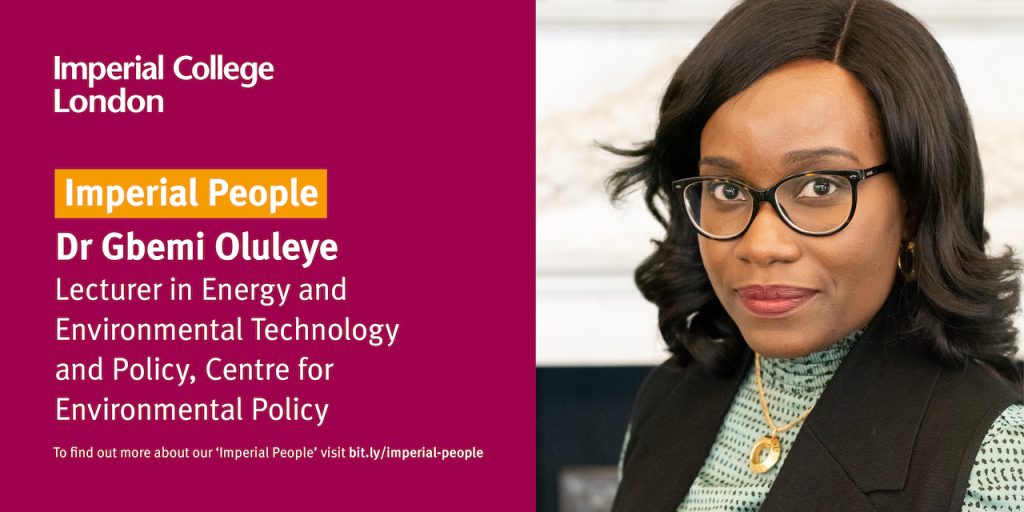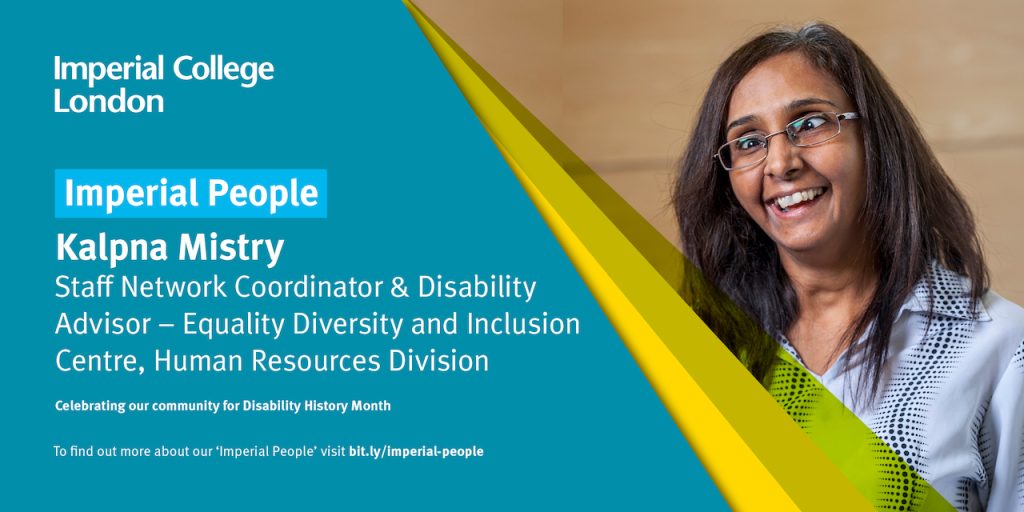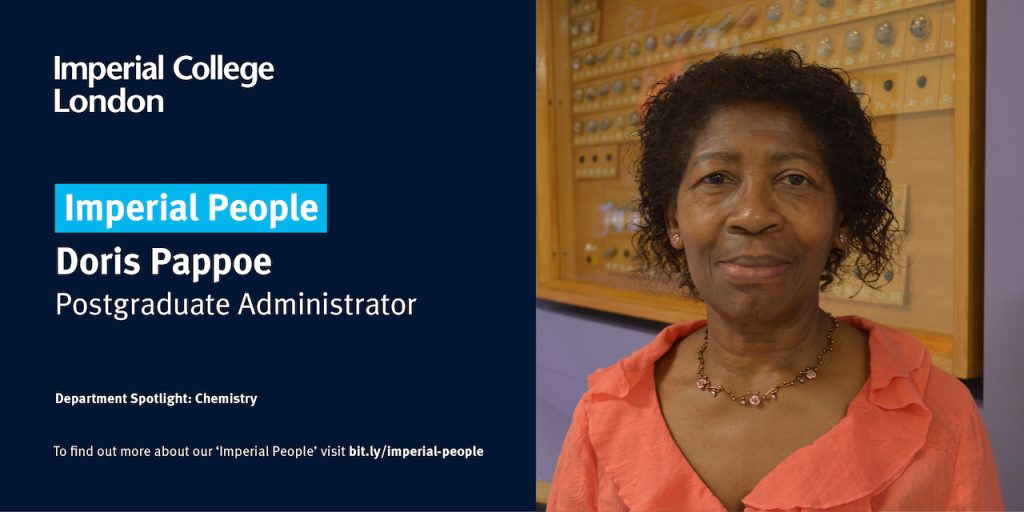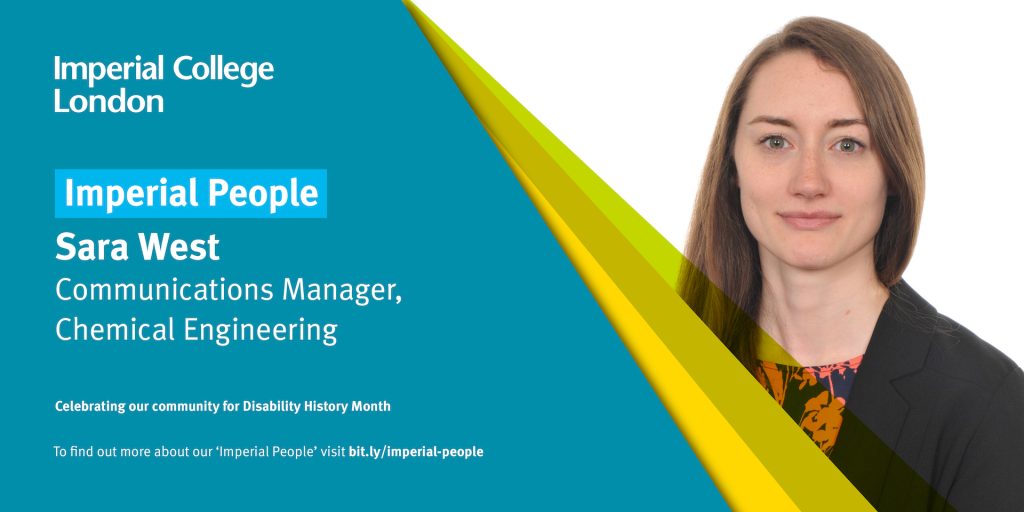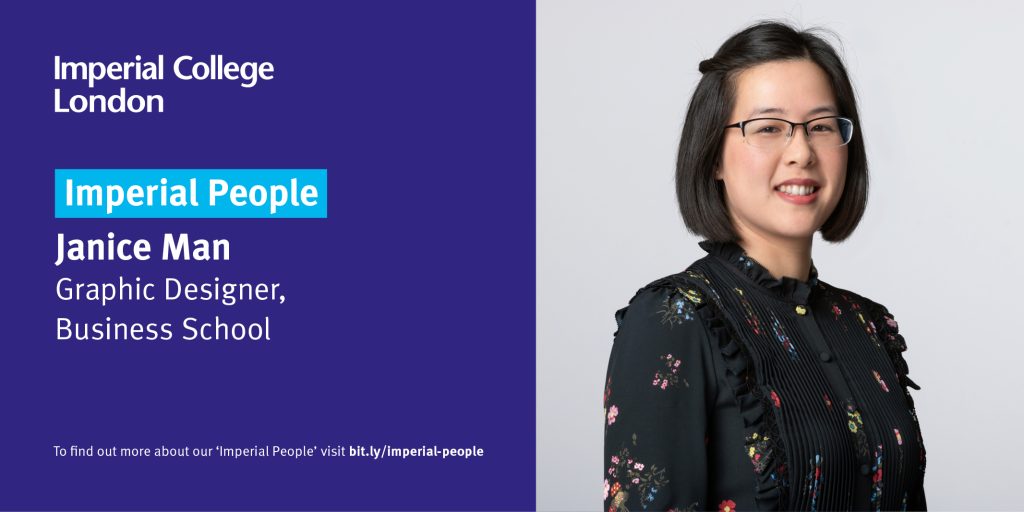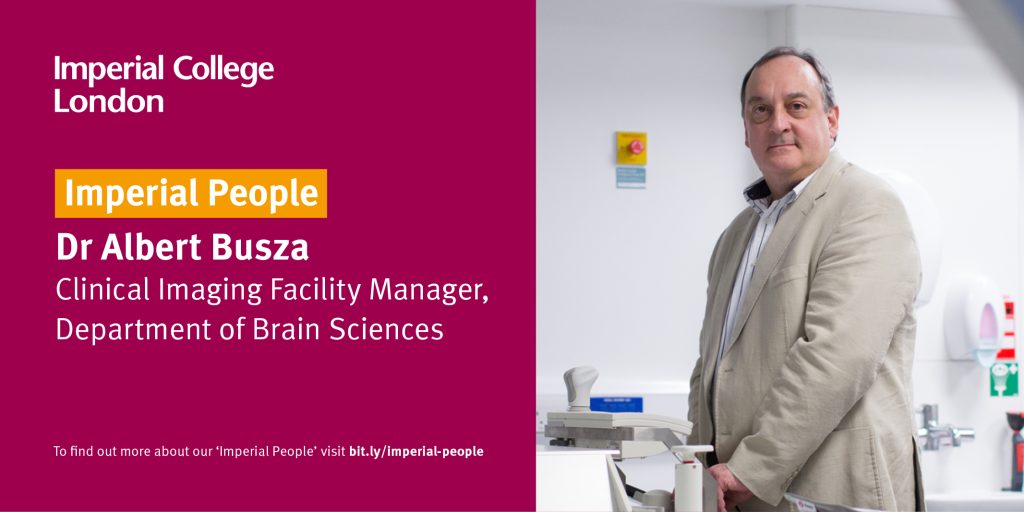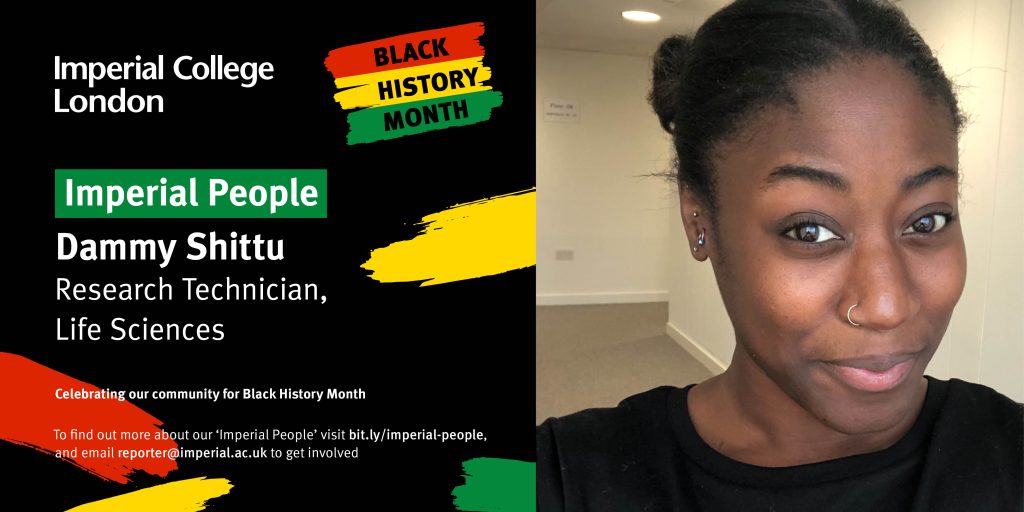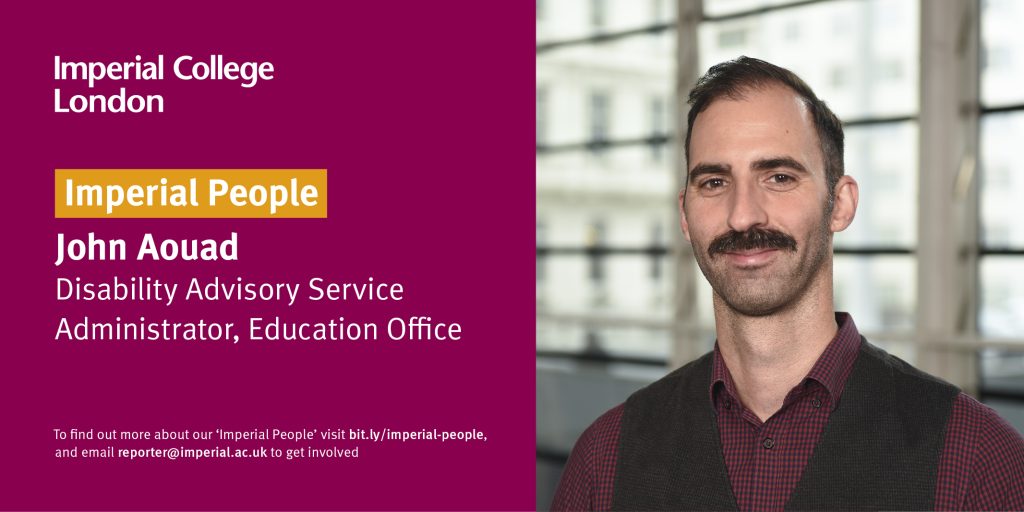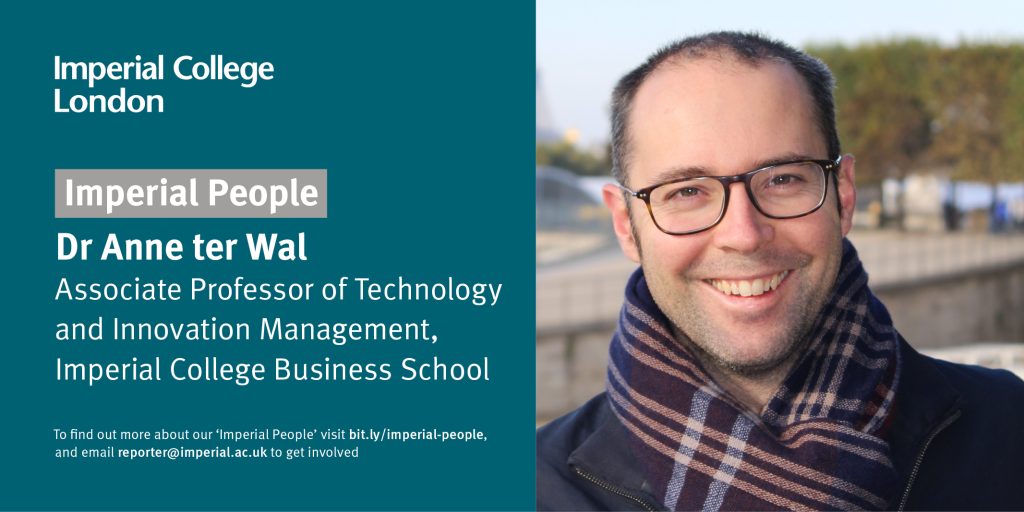“I am involved in trial design, data management and analysis and preparing reports.”
I work as a Research Fellow (Clinical Trials Statistician) at Imperial Clinical Trials Unit (ICTU). Clinical trials are a fundamental tool for investigating the safety and efficacy of treatments, and I think that during the pandemic, most people realised their important role in health.
Before joining Imperial in January 2021, I completed my PhD at Tehran University of Medical Sciences and then worked as an Associate Professor at the Iran University of Medical Sciences, where I taught Biostatistics and undertook research.
However as someone who’s really interested in working on clinical trial studies, I decided to change my career and start my journey to Imperial Clinical Trials Unit. I arrived in the UK at the start of the year during the big lockdown. This made it really difficult to settle in and to focus on my projects. During these challenging times I have really appreciated the help and support of my lovely manager Dr Victoria Cornelius, friends and all ICTU staff.
